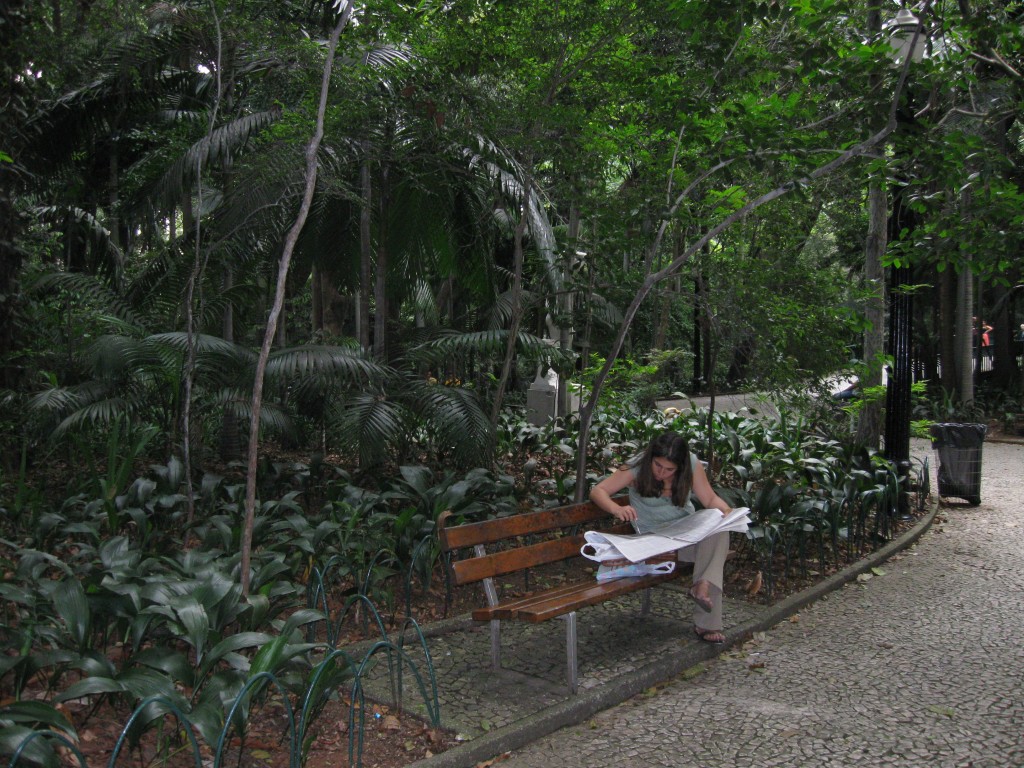Gender, Race, Equity, and Productivity
The Knowledge Polity
Paul A. Djupe, Anand Edward Sokhey, and I are examining how political scientists and sociologists produce knowledge, drawing on a survey of over 1,800 faculty. We investigate not only writing, submission, and publication, but also the roles of teaching and service. Further, we examine the nature of inequalities by gender and race. We are presently working on a book manuscript, tentatively entitled The Knowledge Polity: Publishing and Teaching in the Social Sciences.
Read more about the Professional Activity in the Social Sciences (PASS) Study here. You can find some early publications here:
-
-
- Putting Personality in Context: Determinants of Research Productivity and Impact in Political Science (Forthcoming, Scientometrics, also coauthored with Kim Quaile Hill)
- Explaining Gender in the Journals: How Submission Practices Affect Publication Patterns in Political Science (2019, PS: Political Science and Politics)
- Why do professors who are women publish less research than men? Here’s what we found. (2019, Washington Post, Monkey Cage blog)
- Are Potential Peer Reviewers Overwhelmed Altruists or Free-Riders? (in Duck of Minerva; see also coverage in Inside Higher Ed)
-
Reading Research by Women in Political Science Ph.D. Training
Heidi Hardt and I have studied the extent to which political science PhD students are reading research by women. Together with PhD students Hannah June Kim and Philippe Meister, we collected over 900 syllabi and reading lists from US political science PhD programs. We used this dataset to assess the extent to which PhD students read work by women, and the individual and contextual factors influencing whether faculty assign more or fewer readings by women.
Read more about the GRaduate Assignments DataSet (GRADS) here. You can find our publications here:
-
-
- The Gender Reading Gap in Graduate Training (2019, Journal of Politics)
- Gender, Race, Age and National Origin Predict Whether Faculty Assign Female-Authored Readings in Graduate Syllabi (2019, PS: Political Science and Politics)
- Political science professors assign fewer readings by women than by men. Here’s why that matters. (2019, Washington Post, Monkey Cage blog)
- What’s in a Syllabus? (2018, Duck of Minerva blog)
-
The Impact of Female Role Models
In December 2019, Shauna Gillooly, Heidi Hardt, and I ran an experimental study to examine the impact of the gender gaps Heidi and I had documented in our previous project mentioned above. In a nationally representative survey of PhD students in political science, we examined the impact of increasing women’s representation in course syllabi on students’ attitudes toward their own likelihood of success in academia. We also examined how gender, race, and methods orientations relate to mentorship. Some of the results surprised us. Stay tuned for more information soon.
Image: Jardim Botânico, Rio de Janeiro, 2009
